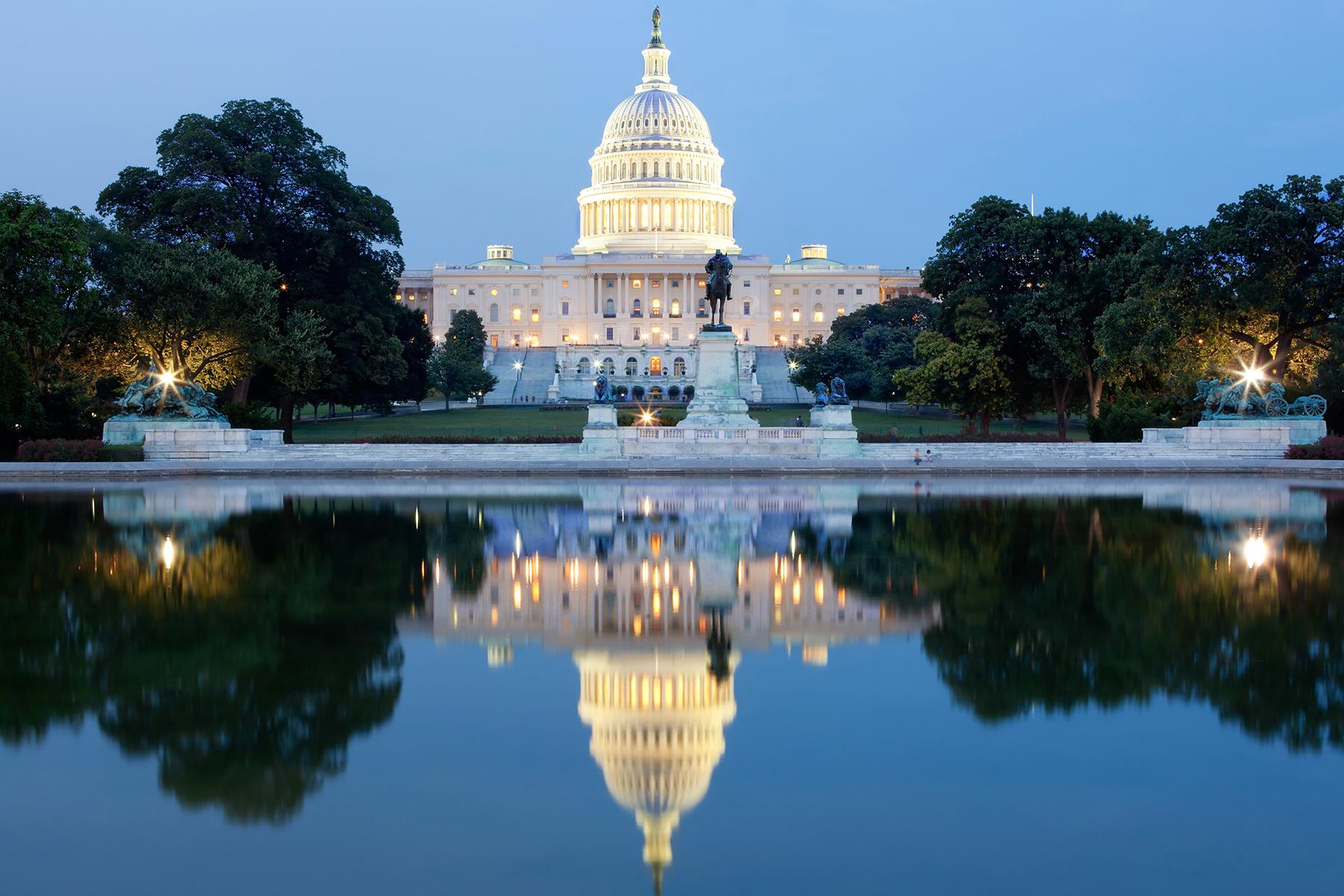We're not the only ones who issue warnings.
Many seasoned travelers are accustomed to checking the U.S. State Department’s travel warnings prior to traveling abroad. The warnings exist at four levels: Level 1 – Exercise Normal Caution; Level 2 – Exercise Increased Caution; Level 3 – Reconsider Travel; and Level 4 – Do Not Travel.
The warnings are specific to U.S. citizens considering travel abroad based on the U.S. government’s assessment of risk for U.S. citizens traveling in that country–although some of the countries rated for increased caution remain among the most popular destinations for American travelers. At press time, much of Western Europe is Rated Level 2, while Mexico is rated state-by-state, and there are Mexican states rated at each of the four levels.
There’s also an assumption inherent in the State Department’s ratings—that remaining within the United States is safer than traveling abroad.
However, as Travel Noire highlighted last week, several other countries have told their citizens that the United States is a destination where increased caution is necessary, primarily citing high crime and firearm violence as top concerns.
The United Kingdom’s Home Office warns Britons that safety concerns in the United States include terrorist attacks, car and street crime, and protests that can turn violent. New Zealand has issued similar warnings for its citizens, and also notes that there is a “higher incidence of violent crime and firearm possession than in New Zealand” but tempers that with “crime rates vary considerably across cities and suburbs and incidents rarely involve tourists.”
Recommended Fodor’s Video
It may be cause for some travelers to wonder whether recent well-publicized incidents of gun violence in the United States have been the cause of the increased cautions, but it’s also worth noting that U.S. gun crime rates have long vastly outnumbered those of other developed economies, so many of those warnings have been in place for some time.
The United Kingdom specifically calls out U.S. incidences of mass shooter events, and even refers U.K. citizens to the U.S. Department of Homeland Security’s materials on how to respond to an active shooter event.
Travelers may also find value in checking foreign travel advisories as a sort of second opinion, although some country’s governments may be more cautious with warnings. The State Department rates countries such as Uruguay Level 2 – Exercise Increased Caution, while New Zealand logs no specific concerns for the country. Conversely, New Zealand advises citizens to exercise increased caution in Vietnam, Greece, and Poland while the U.S. State Department considers those countries Level 1 – Exercise Normal Precautions.
Ireland is notably liberal with travel warnings—normal precautions are currently in place for the United States, although the Irish government specifically warns travelers about an increase in vehicle break-ins in the San Francisco Bay Area. Ireland also rates as “normal precautions” many countries the U.S. has listed as Level 2, including France, Germany, Great Britain, Italy, Uruguay, and Chile.
The travel advisories issued by other countries can also be a helpful alternative source of information for travelers. New Zealand, for example, reminds its citizens that French law requires travelers and citizens to provide proof of identity (such as a passport) upon request by law enforcement (or, alternatively, at a police station within four hours)–information that’s not mentioned in the State Department consular information sheet for France.
The country fact sheets published by other countries regarding the United States aren’t all doom and gloom, however, and they ought not to be taken personally—they’re simply a compilation of information foreign governments want their citizens to be aware of prior to travel. Many of the sheets offer reminders that laws can vary significantly from state to state—a helpful reminder for travelers from countries with more centralized governments. Other warnings are relatively standard across all destinations—remain vigilant against petty theft, know local traffic laws, and understand your rights as a foreign national in the event of an encounter with law enforcement.
Where it does make sense to refer back to the U.S. Consular Info sheets for reference are for services specific for American citizens, such as the location of U.S. Embassies and Consular offices abroad—places where citizens can access diplomatic services while outside the country.
U.S. Citizens intending travel abroad can sign up for the State Department’s Secure Traveler Enrollment Program (STEP) to register their visits abroad with the local embassy or consular office so they can be contacted in the event of an emergency (such as the recent evacuations of U.S. citizens from Sudan). The STEP program also allows local embassies to e-mail office information and up-to-date threat assessments to Americans they know to be in the country.
Whether referring to American or foreign consular circulars, it’s important to remember they’re like food warning labels—they’re meant to provide a set standard of safety information to travelers of all experience levels, so some information may not always apply. It’s ultimately best to use personal experience and a variety of different sources when assessing risk during any journey abroad.





